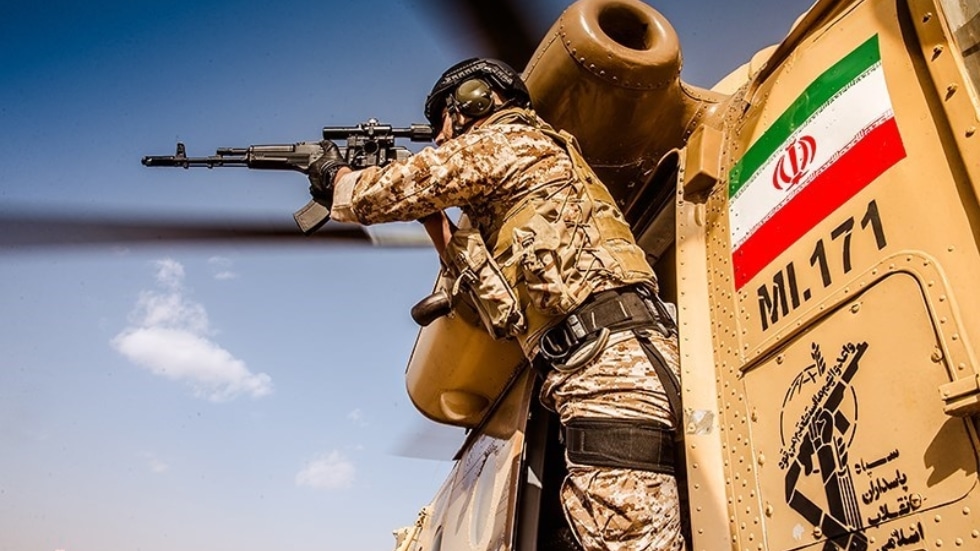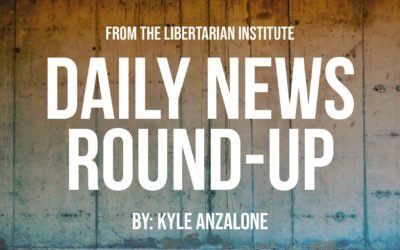Wednesday saw two positive signals for a return to the JCPOA nuclear pact with Iran, with three UK citizens freed from Iranian custody amid reports that the White House is considering dropping sanctions on the country’s elite Revolutionary Guard Corps (IRGC).
Dual British-Iranian nationals Nazanin Zaghari-Ratcliffe and Anousheh Ashouri departed the Islamic Republic for the UK on Wednesday after spending years in prison on spying and sedition charges, according to the Associated Press. A third US-UK-Iranian citizen, Morad Tahbaz, was also released as part of the same deal.
In exchange, London agreed to return more than $500 million in Iranian funds seized after the 1979 Revolution, as Tehran had pre-paid for British tanks and other military gear before the overthrow of Shah Reza Pahlavi and the severing of all UK-Iran trade relations.
A number of unnamed Israeli and US sources, meanwhile, told Reuters and Axios that the Joe Biden administration is now weighing whether to remove the IRGC from the terrorism blacklist, which threatens sanctions for individuals and entities that do business with the military unit.
President Donald Trump originally issued the terror designation in 2019 as a part of his ‘maximum pressure’ campaign on Iran, which also saw Washington implode the JCPOA and impose all preexisting sanctions in direct violation of the nuclear pact. Tehran has demanded an end to those penalties if the deal is to be resurrected, as it has also scaled back its own commitments following Trump’s exit from the agreement.
However, Reuters also cited an Iranian official who said the US expects “major concessions” in return for dropping the IRGC sanctions, a proposal already rejected by Tehran’s chief nuclear negotiator Ali Bagheri Kani. The issue remains one of the final hurdles to clear in returning to the JCPOA.
US officials recently accused Russia of blocking a final hand-shake to revive the deal, as Moscow issued last-minute demands in regards to Western sanctions and its trade with Iran. But in an announcement earlier this week, Russian Foreign Minister Sergei Lavrov said his country had received “written guarantees” from Washington which appeared to satisfy the Kremlin’s concerns.






























